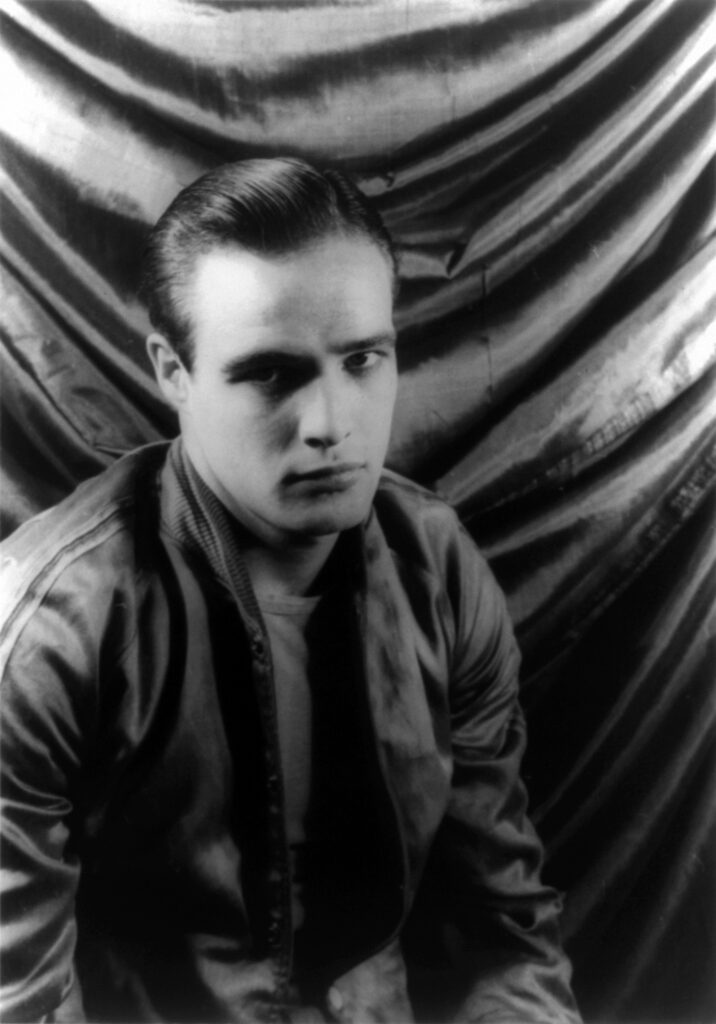Marlon Brando remains one of the most iconic and influential actors of the 20th century. With a five-decade career, he revolutionized acting with intense, method-based performances. His work in films such as A Streetcar Named Desire (1951), On the Waterfront (1954), and The Godfather (1972) cemented his place in cinematic history. However, his life was filled with personal struggles, controversies, and an unwavering commitment to social activism.
Early Life
Marlon Brando Jr. was born on April 3, 1924, in Omaha, Nebraska, to Marlon Brando Sr. and Dorothy Pennebaker Brando. His childhood was tumultuous, shaped by an often absent and alcoholic mother and a strict father. From an early age, Brando was rebellious, leading him to be expelled from several schools. He eventually attended the American Theatre Wing Professional School and the Actors Studio in New York, where he studied under the legendary Stella Adler and Lee Strasberg, learning the Method Acting technique that would define his career.
Acting Career and Highlights
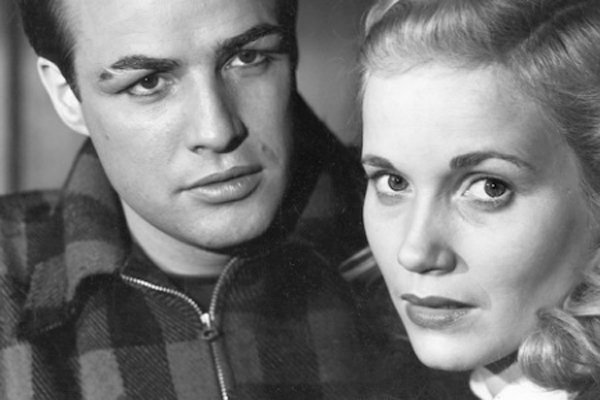
Brando made his Broadway debut in I Remember Mama (1944) and quickly gained recognition for his raw, emotional performances. His breakout role came in 1947 when he starred as Stanley Kowalski in Tennessee Williams’ A Streetcar Named Desire on Broadway. The role was physically demanding and emotionally intense, showcasing his ability to fully inhabit his characters. He reprised the role in the 1951 film adaptation, earning his first Academy Award nomination.
Brando’s career soared in the 1950s with critically acclaimed performances. He won his first Academy Award for Best Actor for On the Waterfront (1954), playing Terry Malloy, a former boxer turned dockworker who stands up against corruption. His portrayal of Vito Corleone in The Godfather (1972) is perhaps his most famous role, earning him his second Academy Award. He famously declined it in protest against Hollywood’s treatment of Native Americans, sending activist Sacheen Littlefeather to refuse the award on his behalf.
Other notable films include Last Tango in Paris (1972), Apocalypse Now (1979), and Superman (1978), where he played Jor-El, Superman’s father. His later years saw fewer high-profile roles, but his impact on acting remained profound.
Awards and Recognition
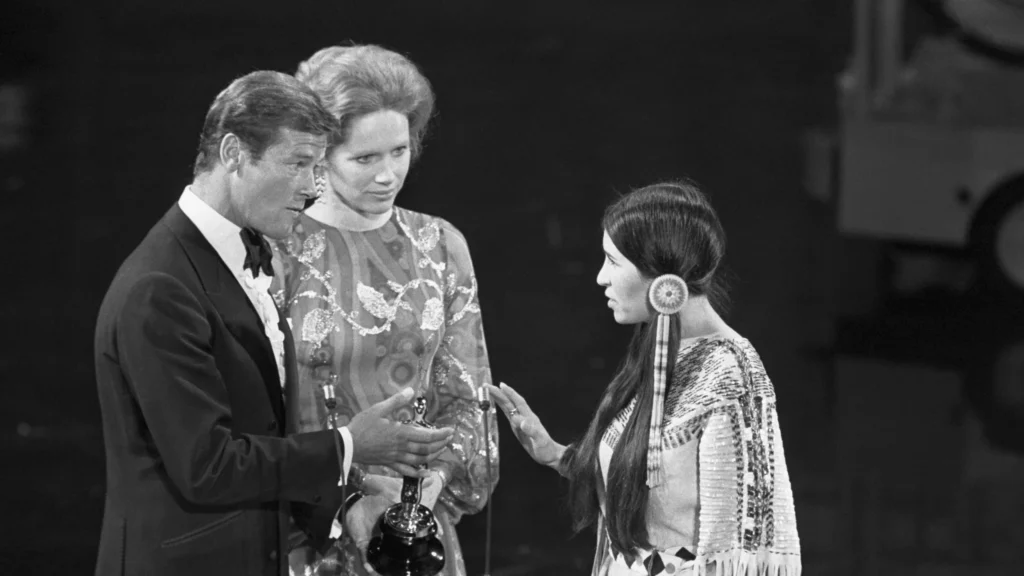
Brando received numerous accolades throughout his career, including:
- Two Academy Awards for Best Actor (On the Waterfront, The Godfather)
- Three BAFTA Awards
- Two Golden Globe Awards
- A Cannes Film Festival Award
- An Honorary César Award
His influence on acting is widely acknowledged, with many actors citing him as an inspiration.
Personal Life and Family
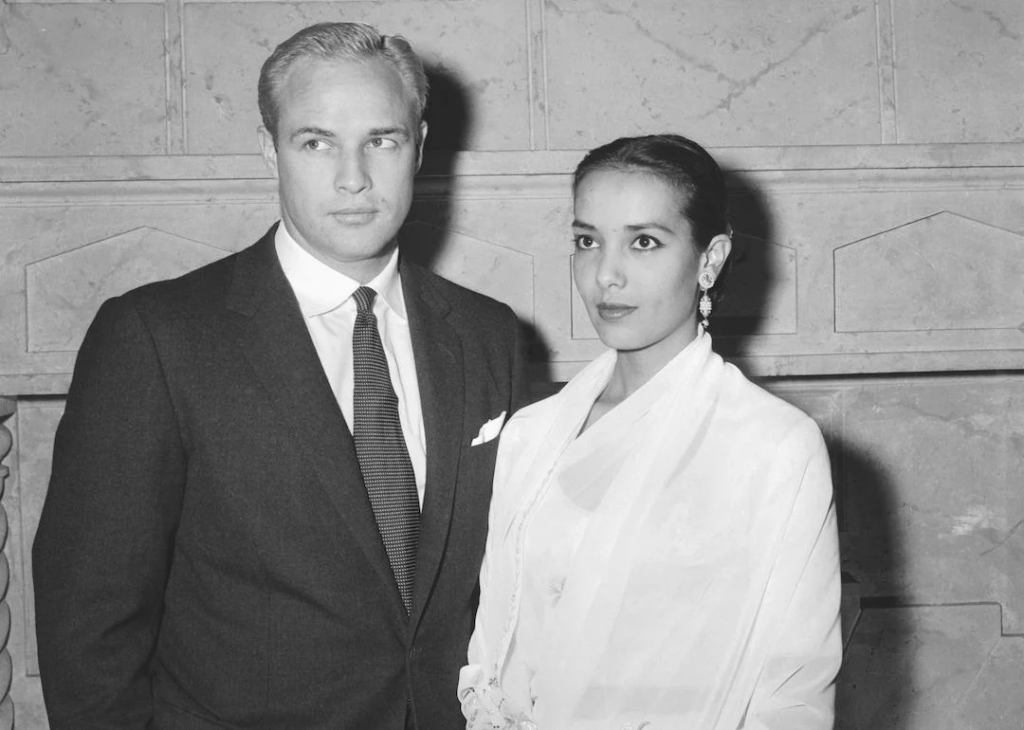
Brando was known for his complex personal life, having multiple relationships and fathering numerous children. He was married three times:
- Anna Kashfi (1957–1959) – They had one son, Christian Brando.
- Movita Castaneda (1960–1962) – They had two children, though the marriage was annulled when it was revealed she had a previous, still-valid marriage.
- Tarita Teriipaia (1962–1972) – A Tahitian actress he met on Mutiny on the Bounty set. They had two children together, including Cheyenne Brando.
Brando had a total of at least 11 children, including both biological and adopted. His family life was often marred by tragedy, notably the 1990 incident where his son Christian shot and killed Cheyenne’s boyfriend, leading to legal battles and deep personal grief.
Controversies and Death

Brando was no stranger to controversy. His refusal of the Oscar in 1973 was met with mixed reactions, with some praising his activism and others criticizing his methods. His eccentric behavior, legal battles over child custody, and tumultuous relationships further fueled media scrutiny.
He passed away on July 1, 2004, at the age of 80, due to respiratory failure brought on by pulmonary fibrosis. Other health issues, including diabetes and liver cancer, also contributed to his declining condition.
Resting Place and Memorials

Brando was cremated, and his ashes were scattered in Tahiti and Death Valley, California, fulfilling his wishes to be connected to the places he loved. Unlike some Hollywood legends, Brando does not have a grand monument, though his legacy is preserved through his films and the actors he inspired.
His estate maintains an official website dedicated to his memory, featuring archival footage, interviews, and insights into his work. Documentaries and retrospectives about his career also celebrate his influence.
The Legacy
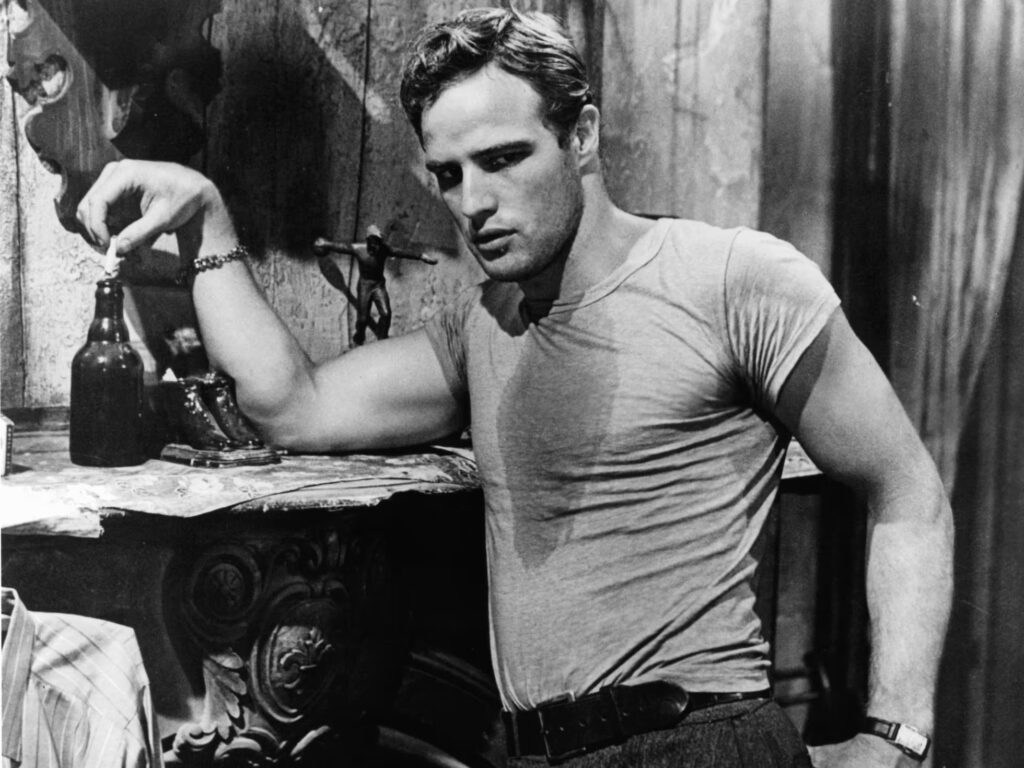
Marlon Brando’s legacy as an actor is undeniable. His performances set new standards for realism and emotional depth, influencing generations of actors. While his personal life was often tumultuous, his contributions to film and social activism endure, ensuring that his name remains a defining force in cinematic history.

